Project Description
What is Polycystic Ovarian Syndrome (PCOS)?
Polycystic Ovarian Syndrome (PCOS) is characterized by multiple hormonal disturbances leading to a constellation of symptoms.
What are the common signs and symptoms associated with Polycystic Ovarian Syndrome (PCOS)?
-
Irregular or missed menstrual periods
-
Elevated male hormones
-
Oily skin, acne, skin discolorations
-
Excessive hair growth on the body
-
Male pattern baldness
-
Insulin resistance, weight gain
-
Infertility
How is Polycystic Ovarian Syndrome (PCOS) diagnosed?
The diagnosis of Polyystic Ovarian Syndrome (PCOS) is usually based on a patients history, physical examination, and laboratory testing. Diagnostic ultrasound can be used to identify cysts in the PCOS patient.
What laboratory findings are consistent with Polycystic Ovarian Syndrome (PCOS)?
-
Testosterone, Leutinizing hormone, and DHEA can be elevated on blood tests
How is Polycystic Ovarian Syndrome (PCOS) commonly treated?
-
Birth control drugs
-
Progestin drugs
-
Anti-androgen drugs
-
Diuretics
-
Metformin
What are the hormonal imbalances, or deficiencies associated with Polycystic Ovarian Syndrome (PCOS)?
Many female hormone related health conditions such as; Endometriosis, Ovarian cysts, Uterine Fibroids, Pre-Menopause, Dysmenorrhea (Painful Periods), and Premenstrual Syndrome (PMS) are characterized by a deficiency of the hormone Progesterone leading to a condition known as Estrogen Dominance Syndrome (EDS). Long term Estrogen Dominance Syndrome (EDS) can then manifest as one of the conditions mentioned above. Polycystic Ovarian Syndrome (PCOS) however, is more complicated. Though Estrogen Dominance Syndrome (EDS) is routinely present in PCOS, there are two other hormones, Insulin and Testosterone, which when abnormally elevated can contribute to many of the symptoms seen in PCOS. Elevated insulin contributes to the weight gain, inflammation, and carbohydrate cravings often seen in PCOS. Elevated testosterone contributes to the oily skin, acne, body hair growth, and male pattern baldness often associated with PCOS.
What should a Comprehensive Holistic Health Protocol for Polycystic Ovarian Syndrome (PCOS) include?
A Comprehensive Holistic Health Protocol should always be customized to meet the unique needs of each person. Not only do people have different genetic variations, but differ in important lifestyle factors that influence their overall health outcomes. A persons diet, stress levels, professional and family responsibilities, sleep patterns, exercise choices, as well as past and present medical history all must be considered in protocol design. Of the over 11,000 Comprehensive Holistic Health Protocols we have designed in the last 27 years of clinical practice, no two have been exactly the same. The four main components of an appropriately designed Comprehensive Holistic Health Protocol for Polycystic Ovarian Syndrome (PCOS) would include:
-
A customized diet; Specific to the patients individual needs
-
A general nutritional supplement strategy; To support basic health needs
-
A targeted nutritional supplement strategy; Specific to the patients individual needs
-
A hormone modulating nutritional supplement strategy; Using Standardized Botanical Extracts (SBE) that can affect the levels of various hormones within the human body.



